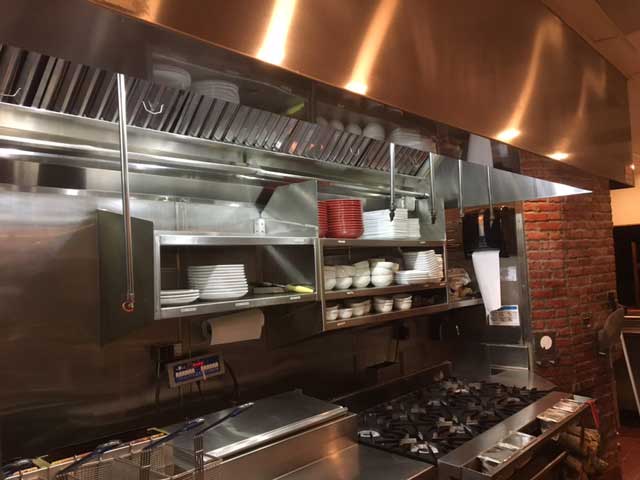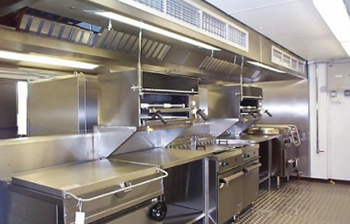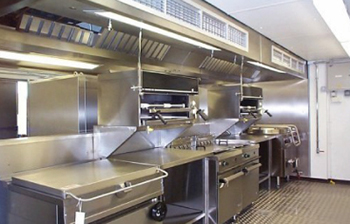The Environmental Impact of Proper Hood Cleaning: Sustainable Practices for San Jose Restaurants
In today’s world, where environmental concerns are at the forefront of every industry, the restaurant business is no exception. San Jose, being a hub of culinary excellence, needs to address the environmental impact of its restaurants, particularly focusing on proper hood cleaning practices. Grease buildup in kitchen hoods not only poses a fire hazard but also significantly affects the environment. In this article, we will delve into sustainable practices for hood cleaning, which not only promote eco-friendly approaches but also create a healthier and safer atmosphere for restaurants in San Jose.
The Environmental Impact of Proper Hood Cleaning
When it comes to proper hood cleaning, we must understand the significant environmental impact it can have. Improper cleaning practices often lead to grease and pollutants finding their way into the sewage system, eventually reaching water bodies, causing water pollution. Additionally, the buildup of grease can release harmful emissions when heated, contributing to air pollution and climate change. Therefore, implementing sustainable hood cleaning practices is of utmost importance for San Jose restaurants to mitigate their ecological footprint.
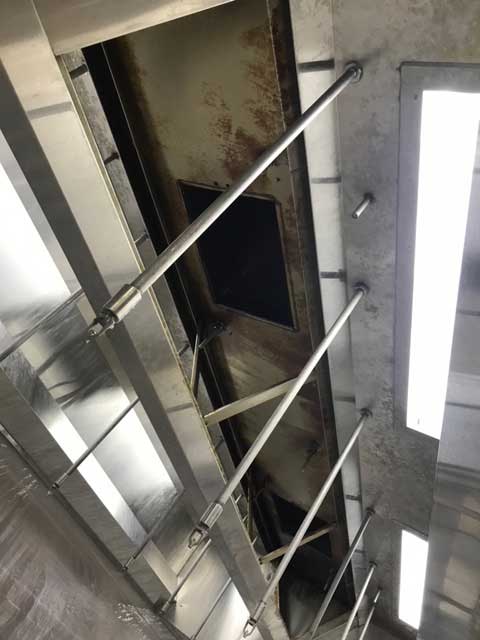
Why Choose Sustainable Hood Cleaning?
Sustainable hood cleaning practices offer a multitude of benefits to both the environment and restaurant owners. By adopting eco-friendly approaches, restaurants can reduce their negative impact on the environment, contributing to a cleaner and greener San Jose. Moreover, sustainable practices can lead to significant cost savings, as they often involve the use of biodegradable and non-toxic cleaning agents. This reduces the risk of harmful chemicals entering the ecosystem and ensures a healthier work environment for restaurant staff.
Sustainable Hood Cleaning Practices
- Utilization of Biodegradable Cleaners: Switching to biodegradable cleaners is a crucial step in sustainable hood cleaning. These cleaners break down naturally without harming the environment, making them an eco-friendly alternative to conventional cleaning agents.
- Regular Maintenance and Cleaning Schedule: Establishing a routine maintenance and cleaning schedule ensures that grease buildup is minimized, reducing the chances of pollutants entering the environment. Regular cleaning also improves the kitchen’s efficiency and prolongs the life of the hood system.
- Proper Waste Disposal: Ensuring proper waste disposal is vital for sustainable hood cleaning. Recycling used materials wherever possible and disposing of waste in accordance with environmental regulations is essential for reducing the ecological impact.
- Water Conservation: During the cleaning process, water usage can be optimized by using high-pressure, low-flow nozzles. This not only reduces water consumption but also lowers the volume of contaminated water that enters the sewage system.
- Investing in Advanced Hood Filtration Systems: Upgrading to advanced hood filtration systems can significantly reduce the release of harmful emissions into the atmosphere. These systems trap grease particles and filter the air before releasing it back into the environment.
- Energy-Efficient Equipment: Consider investing in energy-efficient kitchen equipment to reduce the overall environmental impact of restaurant operations. Energy-efficient appliances not only help the environment but also save costs on electricity bills.
The Role of San Jose Restaurants in Environmental Conservation
San Jose restaurants play a pivotal role in environmental conservation. By adopting sustainable hood cleaning practices and other eco-friendly initiatives, they set an example for the entire community. Customers are increasingly inclined to support businesses that prioritize sustainability, leading to increased patronage for environmentally responsible restaurants.
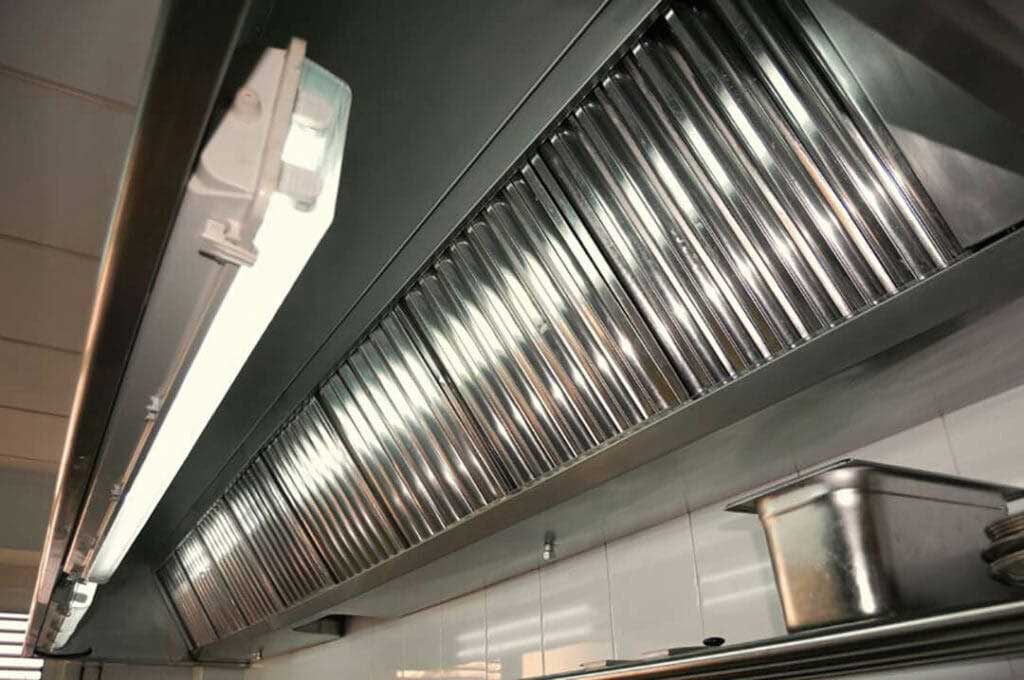
Frequently Asked Questions (FAQs)
Q: How often should restaurant hoods be cleaned?
A: Restaurant hoods should be cleaned at least every three months to maintain a safe and hygienic kitchen environment. However, high-volume kitchens may require more frequent cleaning.
Q: Are biodegradable cleaners as effective as conventional ones?
A: Yes, biodegradable cleaners are just as effective as conventional ones but without the harmful environmental impact. They break down naturally, making them a greener choice for hood cleaning.
Q: Can sustainable hood cleaning practices reduce fire hazards?
A: Absolutely! Sustainable hood cleaning practices significantly reduce grease buildup, which is a leading cause of kitchen fires. Regular cleaning and maintenance can prevent fire hazards effectively.
Q: How can restaurants dispose of used cooking oil sustainably?
A: Restaurants can partner with local companies that specialize in recycling used cooking oil into biodiesel. This sustainable approach helps reduce waste and benefits the environment.
Q: What are the benefits of energy-efficient kitchen equipment?
A: Energy-efficient kitchen equipment consumes less energy, leading to reduced greenhouse gas emissions and lower utility bills for the restaurant. It is a win-win for both the environment and cost savings.
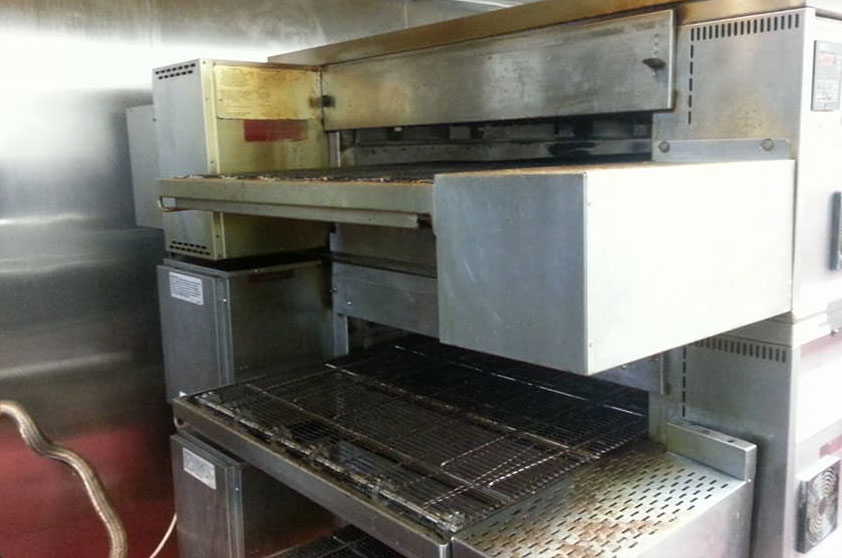
Q: Can sustainable practices attract more customers to restaurants?
A: Yes, sustainable practices create a positive image for restaurants, attracting environmentally conscious customers who are more likely to support and promote such establishments.
To Review
The environmental impact of proper hood cleaning cannot be overlooked, especially in a city like San Jose, where the restaurant culture thrives. Implementing sustainable practices is not just a responsibility but an opportunity for San Jose restaurants to contribute to environmental conservation actively. By choosing eco-friendly hood cleaning methods, restaurants can protect the environment, reduce their carbon footprint, and attract more customers who value sustainability.
Let’s strive together to create a greener, cleaner, and more sustainable dining experience for the people of San Jose.

